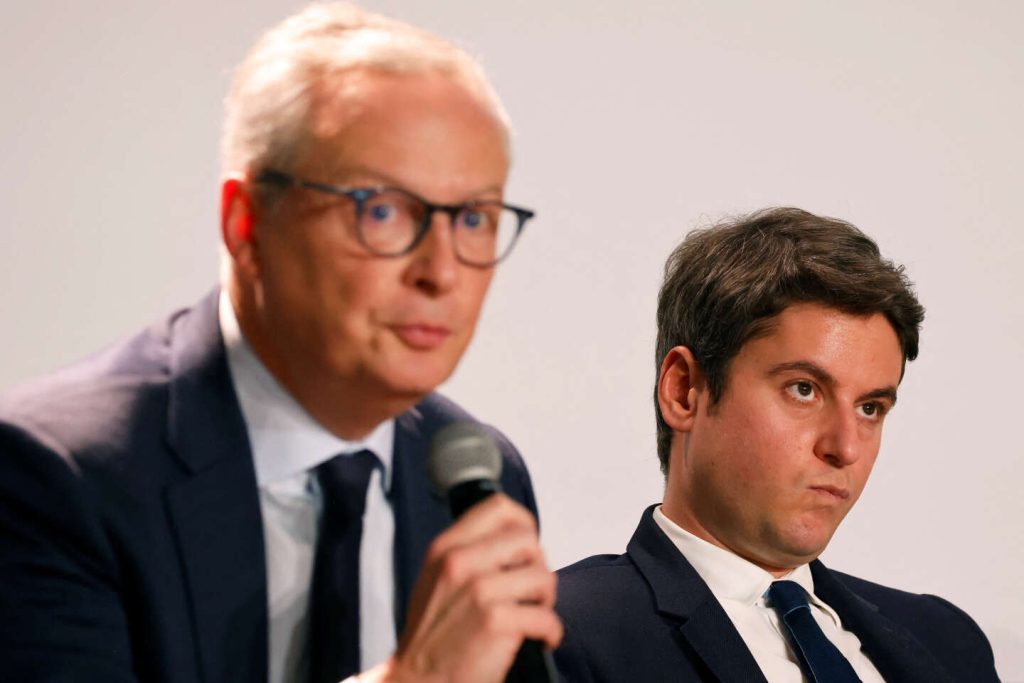The French government is faced with the challenge of improving the state of public spending in the country in the wake of successive crises, tax cuts, and economic slowdown. In response to this, the executive has initiated a large-scale plan to make savings in order to avoid penalties from credit rating agencies, financial markets, and the European Commission. A first “emergency brake” of 10 billion euros has been activated for the year 2024, with the likelihood of this amount increasing in the future. Additionally, a target of 20 billion euros in savings has been set for the year 2025 in order to slow down the growth of public spending.
The process of identifying areas for savings began several months ago, with reviews of public spending conducted by various inspection bodies and the Court of Auditors. These reviews cover not only government spending but also social protection and local authorities. Parliamentarians from the majority party have also started working on this issue. Possible changes to taxation, such as the creation of a task force on rents, have been discussed as part of the savings measures. The government will consider the findings of these reviews and decide on the next steps by the summer, with potential reforms to areas like unemployment insurance under consideration.
One common area for potential savings is public aid to businesses, which can take various forms such as tax credits, loans, grants, and social security contributions reductions. These aid packages amount to around 110 billion euros per year, making them a prime target for cost-cutting measures. However, the government has excluded social security contribution reductions from the scope of these measures, and has also stated its intent to protect funding for France 2030, an investment plan launched by the Elysée Palace after the 2020 pandemic. The government is also looking into the possibility of reducing public aid to businesses as a way to generate savings.
The government aims to make the 10 billion euros saved in 2024 a permanent fixture and increase the effort to achieve an additional 12 to 20 billion euros in savings in 2025. This will involve a thorough examination of various public policies and social spending to identify areas where costs can be reduced. While some measures have been proposed, such as reforming unemployment insurance, not all recommendations are expected to be implemented. The government will continue to review options for reducing spending and increasing efficiency in order to meet its targets.
Efforts to reduce public spending and increase savings are part of a broader strategy to address the financial challenges facing the country. By making targeted cuts and reforms to various areas of government expenditure, the government hopes to stabilize its finances and maintain credibility with international financial institutions. The ongoing reviews and discussions on taxation and public aid to businesses demonstrate the government’s commitment to finding innovative solutions to address the economic challenges facing France in the coming years.


